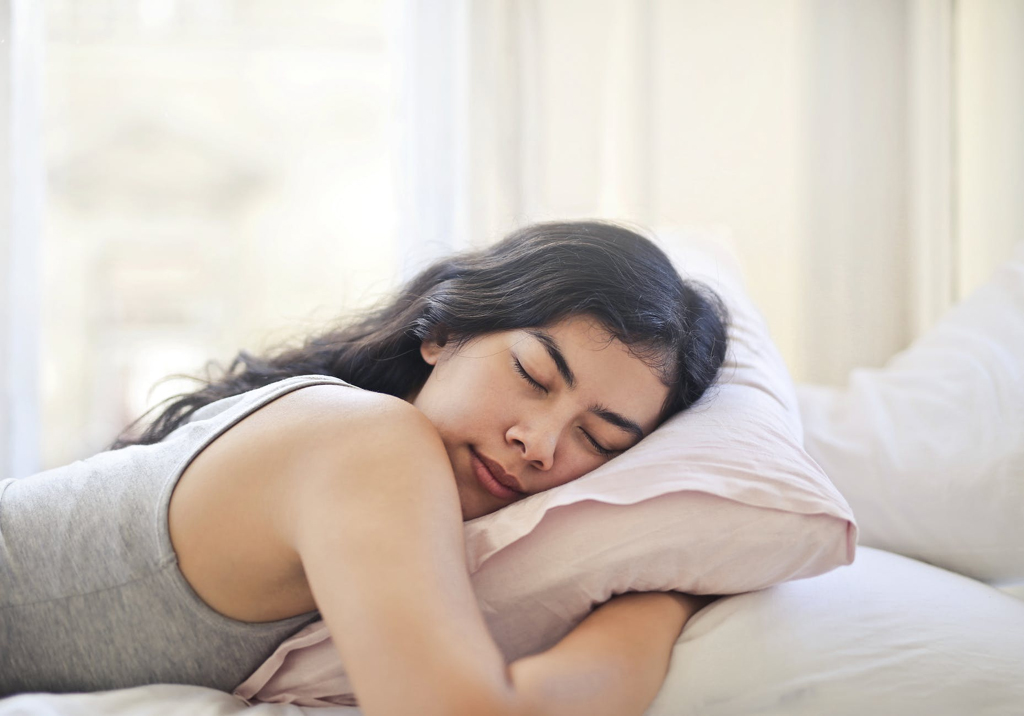![[feature] What To Do to Sleep Better at Night](https://blogger.googleusercontent.com/img/b/R29vZ2xl/AVvXsEiWIPOSjdaORuSE0AABwSk1HpM8j5jCrW78wpMya9jr3FK0_WUj507FGNcJKWe9xZZXp49rDykS2eweM6XJKLtO6-K_L-Qi9vbWZgnqcFeOfc6PAR2SdMfWIpOM5Q_REk2px8AWVPi-YB7K/s16000-rw/career.dearjulius.com.jpg) |
| © Andrea Piacquadio / Pexels |
By Michelle Drerup, Clean Eating
It’s not just your bedtime routine but also your daily lifestyle habits that can ensure you get the slumber you need. Take a cue from Michelle Drerup, PsyD, director of behavioral sleep medicine with the Cleveland Clinic Sleep Disorders Center, and you’ll be counting sheep before you know it.
1
Ditch some tech…
While light of any type can suppress secretion of melatonin, blue light (the kind emitted from your handheld tech) has a short wavelength that affects melatonin levels more than any other. Smartphones and tablets should have a bedtime too. One way to implement this is to not keep them on your bedside table overnight where they will be more tempting. That being said, I often use my smartphone to listen to audiobooks or meditation apps at night, but keep in mind this does not involve looking at the screen or engaging with material on my phone.2
…and embrace other tech
I use mindful meditation practices as well as guided-imagery strategies for both myself and my children at bedtime. I really like the Insight Timer app because it’s free and it has many options – you can select the type of practice you want to do based on the time and situation. I also like the Calm app for its descriptive, non-plot-driven stories – they’re like bedtime stories for grown-ups.3
Time your foods right.
I avoid eating chocolate before bed because of its high sugar content. Tomato-based products (late-night pizza, anyone?) are also out because of their high acidity, which can cause heartburn and indigestion. I also don’t drink any coffee or other caffeinated beverages after 2 pm, as the half-life of caffeine is 5 to 7 hours.4
Plan ahead.
I get up around the same time every day, whether it’s a weekday or the weekend; doing this helps set your body’s internal clock to optimize the quality of your sleep. I try to get outside during the day as much as possible to expose myself to natural light, which has an alerting effect and influences your internal clock. I also try to exercise during the day to help improve my quality of sleep at night – I find that the more active I am, the better I sleep.5
When all else fails…
I use strictly behavioral and lifestyle strategies to ensure I get restful sleep. However, when I am traveling and dealing with jet lag, I will occasionally use a very low dosage of melatonin (0.5 milligram) to help me along.See more at Clean Eating






















